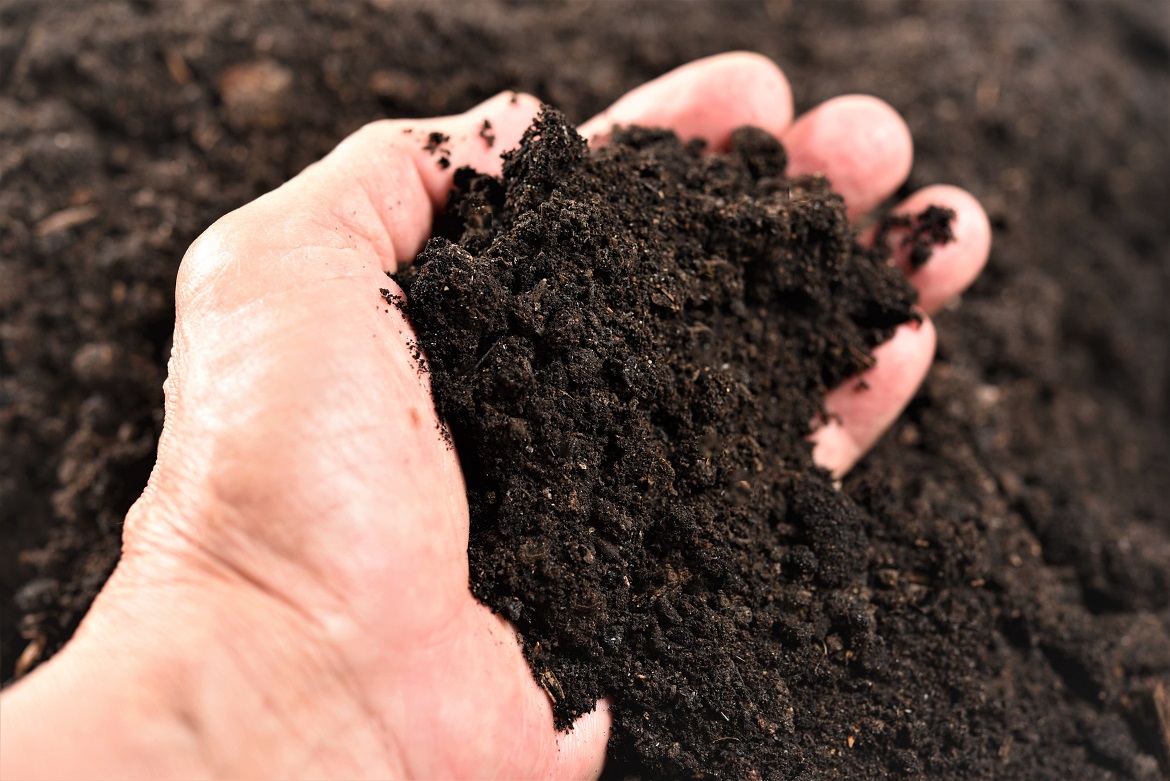How to Keep Garden Soil Healthy: A Comprehensive Guide

Imagine your garden as a bustling city. The plants are the buildings, the insects are the workers, and the soil? Well, that's the foundation upon which everything stands. Just as a city can't thrive without a solid foundation, your garden can't flourish without healthy soil. So, how do you keep your garden soil healthy? Let's dive in and find out.
Understanding Soil Fertility
Soil fertility is the lifeblood of your garden. It's the capacity of the soil to provide nutrients essential for plant growth. But how do you maintain or improve it?
The Role of Organic Matter
Organic matter is like the superfood of your soil. It's any material that comes from the decay of plant and animal residues, like leaves, grass clippings, and manure. Adding organic matter to your soil improves its structure, increases its water-holding capacity, and enhances soil fertility.
Think of organic matter as the soil's savings account. When you deposit organic matter, it slowly releases nutrients over time, keeping your plants well-fed. So, start saving up!
The Importance of Soil pH
Soil pH is a measure of how acidic or alkaline your soil is. It's a crucial factor in soil health because it affects nutrient availability. Most plants prefer a pH between 6.0 and 7.0, but some have different preferences.
Testing Your Soil pH
The only way to know your soil's pH is to test it. You can use a home testing kit or send samples to a professional lab. This guide from the University of Massachusetts Amherst provides detailed information on soil testing.
Once you know your soil's pH, you can adjust it if necessary. Too acidic? Add lime. Too alkaline? Incorporate sulfur or acidic organic materials.
The Magic of Composting
Composting is the process of recycling organic waste into a rich, nutrient-dense soil amendment. It's like alchemy, turning kitchen scraps and yard waste into gold for your garden.
How to Start Composting
All you need is a compost bin, some brown materials (like dry leaves or straw), some green materials (like food scraps or grass clippings), water, and air. Layer the materials, keep them moist, and turn the pile occasionally. Before you know it, you'll have beautiful, crumbly compost.

The Environmental Protection Agency offers a comprehensive guide on home composting to help you get started.
Maintaining Soil Health
Keeping your soil healthy is an ongoing process. Here are some practices to incorporate into your gardening routine.
Mulching
Mulch is like a protective blanket for your soil. It suppresses weeds, retains moisture, regulates temperature, and adds organic matter as it breaks down. What's not to love?
Crop Rotation
Think of crop rotation as a diverse diet for your soil. Different plants have different nutrient needs and give-backs. Rotating crops helps maintain soil fertility and prevents depletion.
Cover Crops
Cover crops are like a green manure. They improve soil structure, add organic matter, and enhance soil fertility. Plus, they help prevent erosion. Plant them in the off-season or between crop rotations.
Common Soil Health Issues and Solutions
Even with the best care, issues can arise. Here's how to tackle some common problems.
Compaction
Compacted soil is like a crowded subway at rush hour - there's no room for anything to move. Water can't drain, roots can't grow, and air can't circulate. The solution? Aerate your soil and add organic matter to improve structure.
Erosion
Erosion is like a thief in the night, stealing your precious topsoil. Combat it with mulch, cover crops, and smart watering practices.
Nutrient Depletion
Nutrient depletion is like a bank account that's been overdrawn. There's nothing left to give. Replenish your soil with compost, fertilizers, and crop rotation.

Conclusion: Your Garden's Future is in Your Hands
The health of your garden soil is a reflection of your care and dedication. By understanding and maintaining soil fertility, pH, and organic matter, you're laying the groundwork for a thriving garden. So, what are you waiting for? Get out there and start nurturing your soil!
FAQs
How often should I test my soil pH?
- It's a good idea to test your soil pH every 3-5 years. However, if you notice your plants are struggling, it might be time for a test.
Can I use coffee grounds in my compost?
- Yes, coffee grounds are a great addition to your compost pile. They're high in nitrogen and can help balance the carbon-nitrogen ratio.
How do I know if my soil is compacted?
- If water puddles on the surface instead of soaking in, or if your plants are struggling despite proper care, your soil might be compacted.
What's the best way to add organic matter to my soil?
- Incorporating compost, aged manure, or shredded leaves into your soil are all great ways to add organic matter.
Can I improve my soil health without chemicals?
- Absolutely. Using organic amendments, practicing crop rotation, and maintaining a healthy ecosystem in your garden can all improve soil health naturally.
0 Response to "How to Keep Garden Soil Healthy: A Comprehensive Guide"
Post a Comment